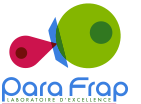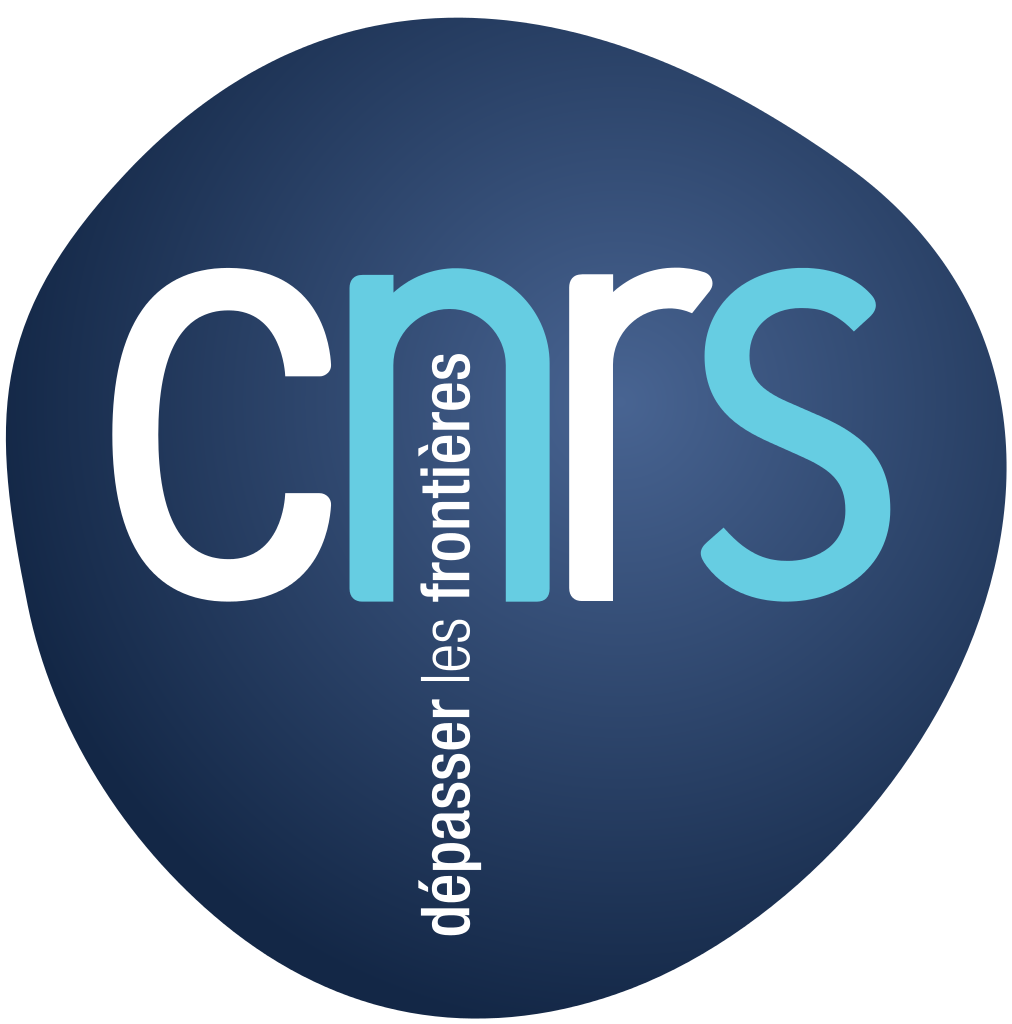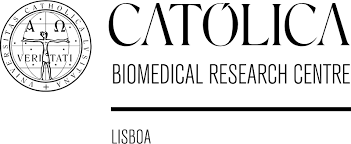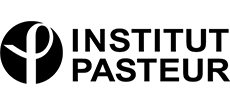 |
Postdoc (M/F) Molecular and cell biology in Trypanosoma brucei
A 24-month post-doctoral position starting on November 1st 2025 (or before) and funded by the French National Research Agency (ANR) is available in the Microbiologie Fondamentale et Pathogénicité (MFP) laboratory in Bordeaux under the supervision of Dr Frédéric Bringaud (iMET team: https://www.mfp.cnrs.fr/wp/la-recherche/intermediate-and-energy-metabolism-of- trypanosomes-imet/).
Project: TrypaDiff - Glycerol, a new key player in the trypanosome parasite
Trypanosoma brucei is an extracellular parasite responsible for sleeping sickness in Africa and transmitted by a blood-feeding insect vector, the tsetse fly. In its mammalian host, the rapidly dividing slender forms predominate in the blood and tissues. At the peak of parasitaemia, slender forms differentiate into growth-arrested stumpy forms (ST) to protect the host by preventing high parasitaemia. Slender to stumpy differentiation relies on a quorum sensing mechanism triggered by the accumulation of di- and tripeptides produced by oligopeptidases excreted by the parasites. The current model of T. brucei transmission from mammals to the insect vector emphasises the key role of the quorum sensing-derived stumpy forms (ST-QS) produced in the blood. However, this may not be the only differentiation pathway.
Our recent unpublished data showed that glycerol, which is abundant in the skin and adipose tissues where the parasites also reside, induces differentiation of slender to stumpy-like forms (ST-Glyc), which are competent for differentiation into parasitic forms present in the insect. We thus propose a rational working hypothesis, in which the glycerol present in the skin would induce the production of ST-Glyc mostly responsible for the parasite transmission to the fly.
To study this new paradigm, our ANR-funded consortium composed of Dr Frédéric Bringaud (Bordeaux, coordinator of the TrypaDiff project), Dr Brice Rotureau (Institut Pasteur Paris - IPP) and Dr Lucy Glover (IPP) will (i) characterize glycerol-induced ST-Glyc forms, (ii) determine the biological relevance of these parasites, and (iii) characterize the signaling pathway(s) involved in their glycerol-induced differentiation. This program will contribute to a better understanding of the developmental biology of trypanosomes responsible for human and domestic animal diseases and will highlight possible new ways to control parasite transmission.
Experimental approaches
In vitro culture and differentiation of trypanosomes, preparation of cell samples for multiomics analyses (proteomics, metabolomics, genomics, single cell transcriptomics) performed in collaboration with specialised platforms, analysis of candidate genes involved in the glycerol-induced differentiation process by reverse genetic (KO and epitope-tagging using CRISPR-cas9, conditional RNAi knockdown and overexpression).
Requirements
Candidates with at least a PhD in Biological Science, especially in Parasitology or Cell Biology are encouraged to postulate. Highly motivated and autonomous candidates are wanted. Skills in cell culture and molecular biology would be appreciated.
Application
Applicants should send a CV, a bibliography, a motivation letter and the names of three references in a single pdf file to Dr Frédéric Bringaud before September 15th 2025 (see details in the PDF file).









